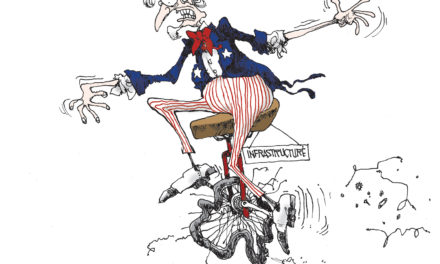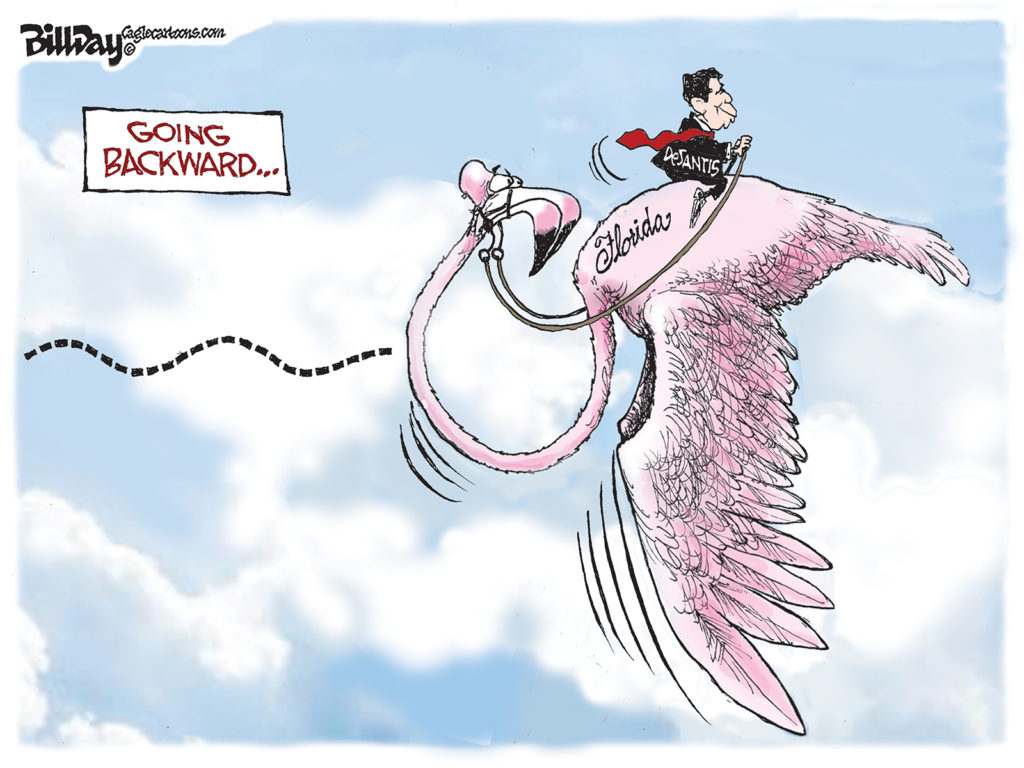Dell Inc. is expanding its Nashville operations by as many as 1,000 employees, adding to 3,500-person workforce that has grown there since the computer giant started its $200 million Middle Tennessee operations in 1999.
For the new employees, Dell will receive $500 a year for each job from Nashville-Davidson County Metro government.
Meanwhile, back here at home, little has changed as our community’s overreliance on property tax freezes continues, resulting in aberrations that show just how smart Nashville has been in refusing to build its economic development program by selling the city at a discount.
In Nashville, Dell gets $500 for each job.
Here, we are preparing to pay $1,718 for each job created by NuVasive at its distribution center for surgical kits. In addition, we’ll also pay $843 for each job created by Knox St. Clair at its distribution and light manufacturing site for its interior doors and windows for construction projects.
Lower Than Average Salaries
That’s what we’re paying as a result of the Industrial Development Board for both of these companies, a fact made even more remarkable by the fact that neither will pay salaries that reach the average income in Shelby County.
NuVasive’s jobs will pay an average about $32,000, about six percent lower than the average per-capita income in Shelby County. Knox St. Clair’s jobs average $22,880, 33 percent lower than the per capita income in Shelby County, qualifying its workers for food stamps on their first day on the job.
Let’s ask it this way. If you were investing your money, what would you think is the smartest investment:
• $500 in Dell Inc.
• $1,718 in NuVasive
• $843 in Knox St. Clair
It’s no different for our city and county, because the IDB is in effect directly investing our money into these companies. Therein lies the problem. There is no sense by the IDB that tax freezes are public investments.
Tax Freezes
That’s why we admire Nashville for resisting the Siren’s call of tax freezes. Yes, they are attractive: they are easy, they aren’t generally understood by the public and economic impact studies can interpret them in ways that make them look grandly successful.
Nashville, on the other hand, in a 10-year period, only approved five tax freezes. Meanwhile, Memphis and Shelby County were handing out 415 tax freezes. In other words, we were approving in six weeks the same number of tax freezes that Nashville was approving in 520 weeks.
About 20 years ago, Memphis and Nashville were roughly in the same place. Both had ambition and expansive ideas. Both were trying to sort out and prepare for competitive position in the coming economy.
Nashville went one way. Memphis went another.
In Nashville, they were mindful of sending a message about quality government, quality of life and quality of public investments. They set out to execute “quality strategies” that would make them a magnet for young workers and skilled jobs. They identified the key public investments that could make this happen. They rejected the notion that they had to waive taxes to get companies to move there.
Transparent Business Incentives
Nashville remains resolute in its approach. Dell, for example, is the world’s largest personal computer maker, and yet, Nashville didn’t give it a tax freeze. Instead, it gives the company $500 for every worker in the city, a business incentive that is transparent and easily understood by the public.
If anything, Nashville’s approach to economic growth has been anchored in flexibility and opportunistic thinking, adjusting and recalibrating to take advantage of the new realities of the new economy.
Memphis, meanwhile, seems stuck in the economic development programs of the 1980s, continuing to depend on tax freezes, cheap labor and cheap land. Perhaps, you could argue that the philosophy may have made sense 20 years ago, but it’s more and more irrelevant in today’s economic development environment.
A few years ago, the director of economic development who staffed the IDB was asked to show how successful the board was in creating economic growth. He quickly cited the growing numbers and amounts of IDB tax freezes. It was as if the tax freezes themselves were the desired outcomes. It’s no wonder that they have become entitlements in the minds of many.
In truth, the greater indicator of success by IDB would be in weaning its dependency on waived taxes to lure business. Today, the amount of tax freezes amounts to about 7.5 percent of the total tax revenues of city government. Meanwhile, they add to the significant percentage of property that doesn’t pay taxes at all – 29 percent of the total land area in Shelby County is tax exempt.
Counterintuitive Policy
In the end, throwing money at companies to convince them they should love us is not only poor public policy, but it is counterintuitive, stimulating higher tax rates that choke off the small businesses and new entrepreneurs that create most jobs in the first place.
For too long, we have spent our time trying to identify specific industries that should be our economic development targets. What would pay greater dividends is to target the ingredients that produce a culture of economic growth – entrepreneurship, talent and innovation.
Rather than give away taxes, the better question for our community is how do we reform our tax structure to lower taxes as a economic stimulus and how do we make wiser public investments that do the same.



